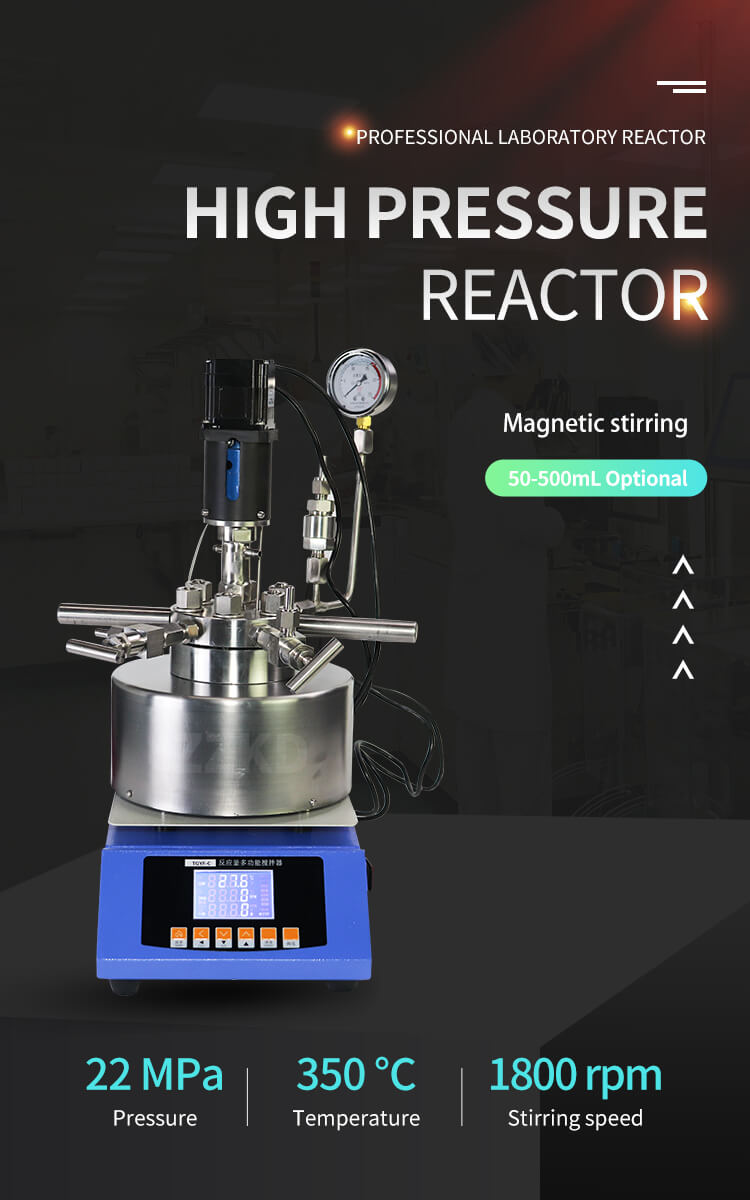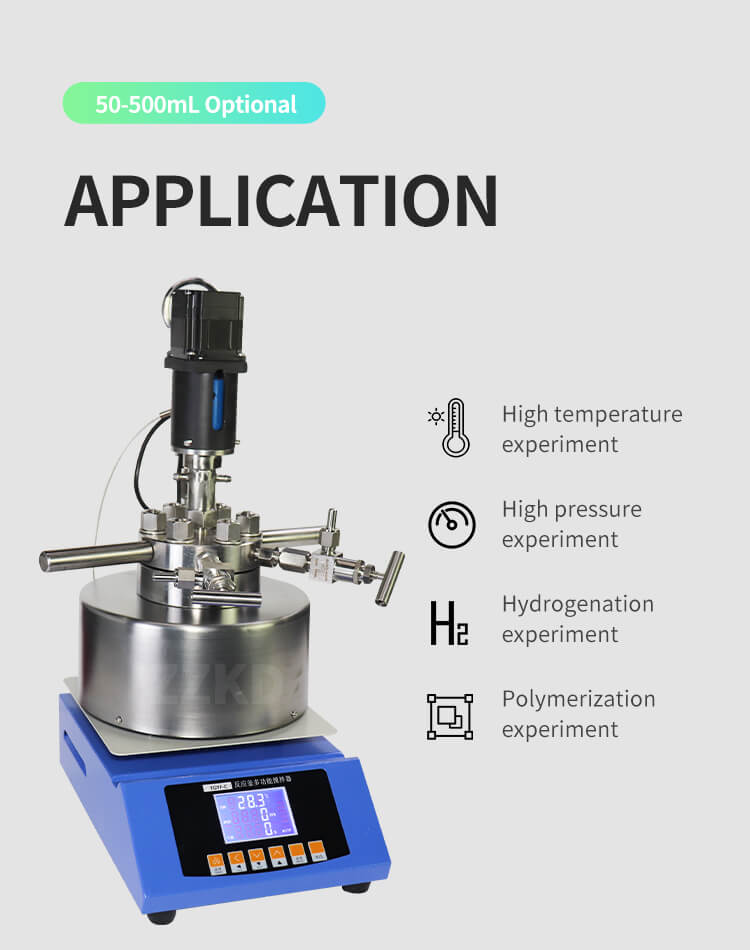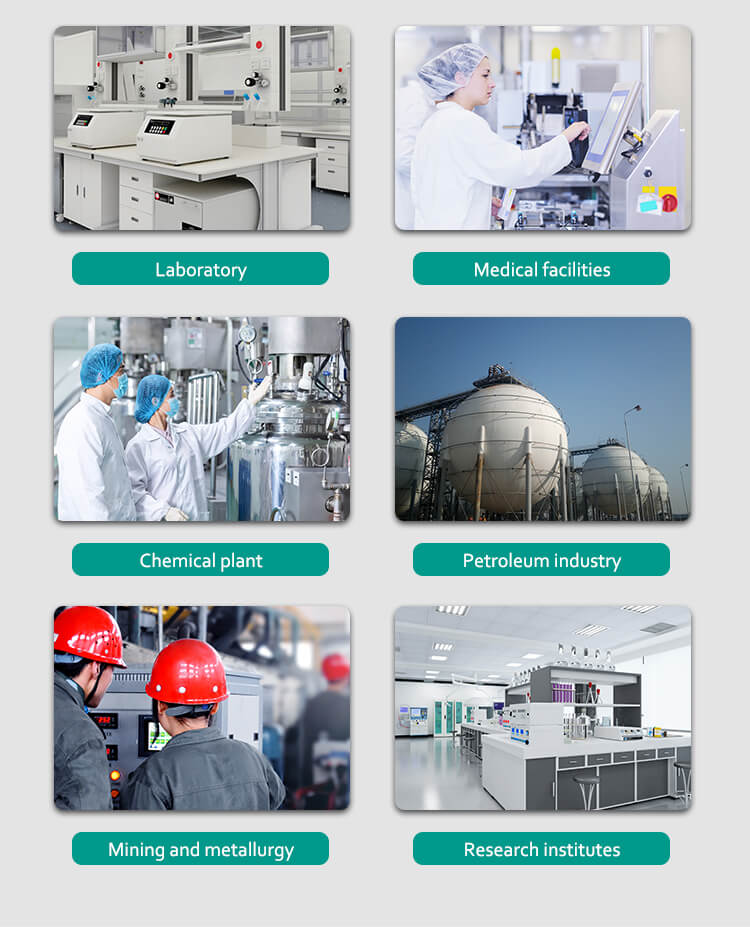In the world of scientific research and development, a high pressure lab reactor is an indispensable tool. This sophisticated piece of equipment allows scientists to conduct a wide range of experiments under controlled high-pressure conditions.
Understanding High Pressure
Pressure is a fundamental physical quantity that measures the force applied per unit area. High pressure refers to conditions where this force is exceptionally high. In a high pressure lab reactor, pressures can reach several thousand times the normal atmospheric pressure, simulating extreme environments that cannot be replicated in everyday life.

The Function of a High Pressure Lab Reactor
A high pressure lab reactor serves as a controlled system where chemical reactions or physical processes can be carried out in a high-pressure environment. These reactors are designed to withstand the intense pressures without leaking or breaking, while still allowing scientists to monitor and manipulate the experiment.
Design and Construction
High pressure lab reactors are typically made of robust materials such as stainless steel or other high-strength alloys. These materials ensure the reactor's integrity and prevent structural failures under high pressures. The reactor is sealed using specialized gaskets or O-rings to maintain a tight seal and prevent any leakage. Additionally, the reactor's design incorporates safety features to protect researchers and the surrounding environment.

Applications in Scientific Research
The applications of high pressure lab reactors are vast and diverse, spanning across multiple fields of science. Some common uses include:

- Chemical Synthesis: High pressure reactors facilitate the synthesis of new compounds and materials, accelerating reactions and enabling the discovery of novel substances.
- Material Testing: Testing materials under high pressure conditions helps scientists study their behavior, stability, and potential applications in various industries.
- Pharmaceutical Research: The development of drugs and medicines often involves reactions at high pressures. High pressure lab reactors enable scientists to optimize and streamline this process.
- Geological Studies: Studying geological phenomena such as volcanoes, earthquakes, and mineral formations often requires recreating extreme pressure conditions found deep within the Earth.
The Future of High Pressure Lab Reactors
As technology advances, high pressure lab reactors are becoming even more sophisticated. Researchers are continually pushing the boundaries of pressure capabilities, enabling them to explore conditions that were previously inaccessible. This progress expands the possibilities for scientific discoveries and innovations in various disciplines.

With their crucial role in advancing scientific knowledge and technological breakthroughs, high pressure lab reactors remain an essential tool for scientists and engineers worldwide.





